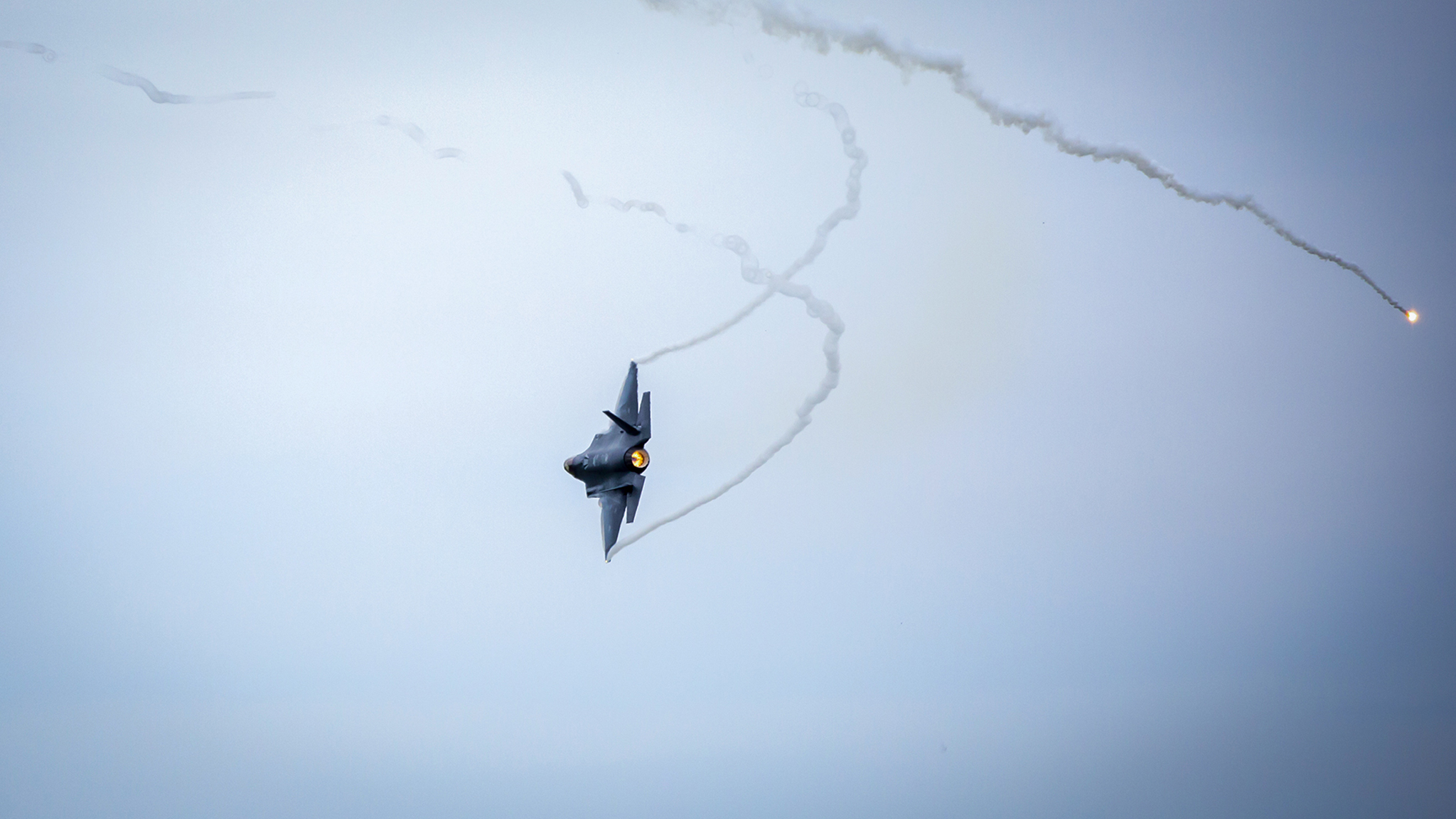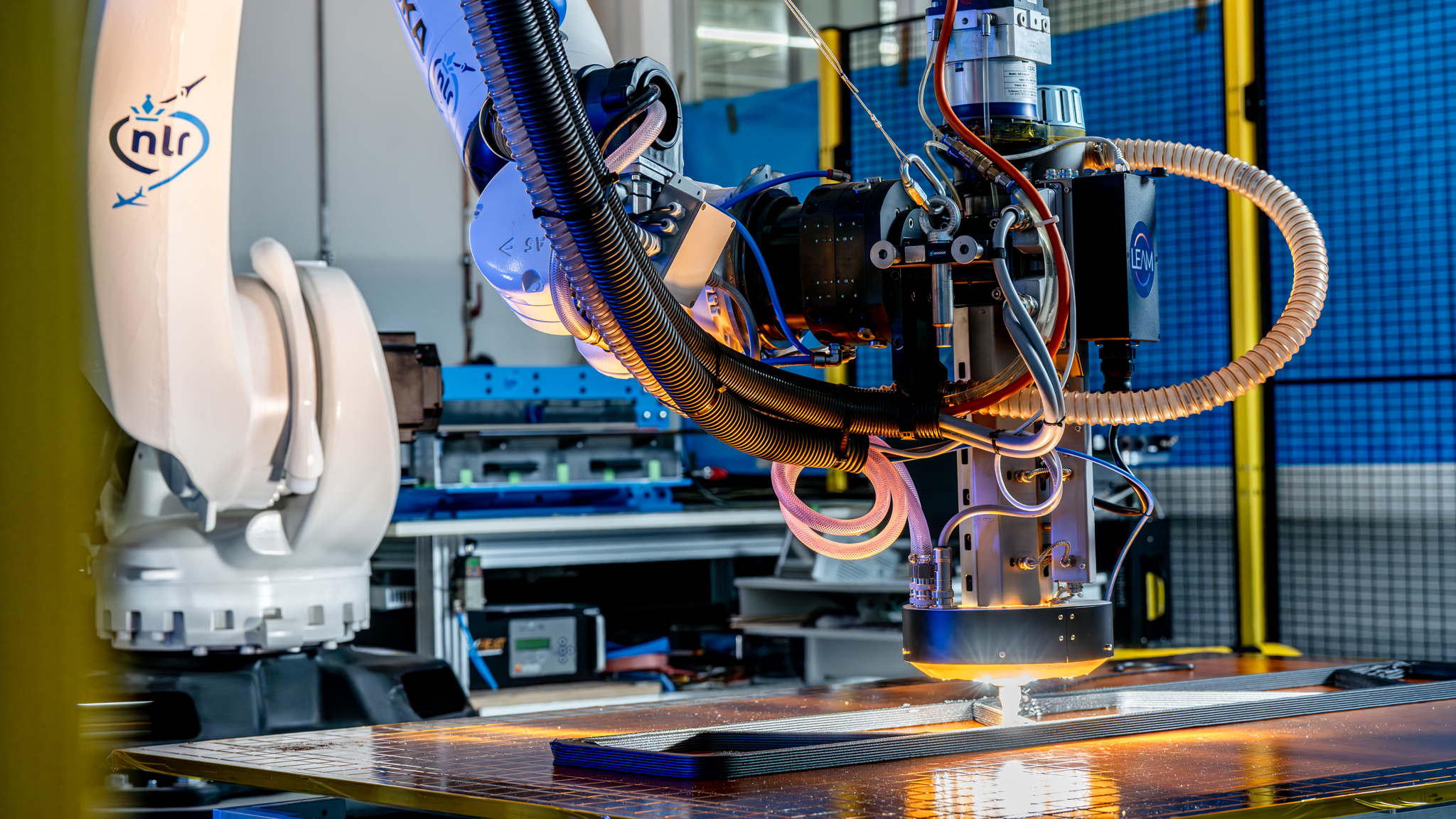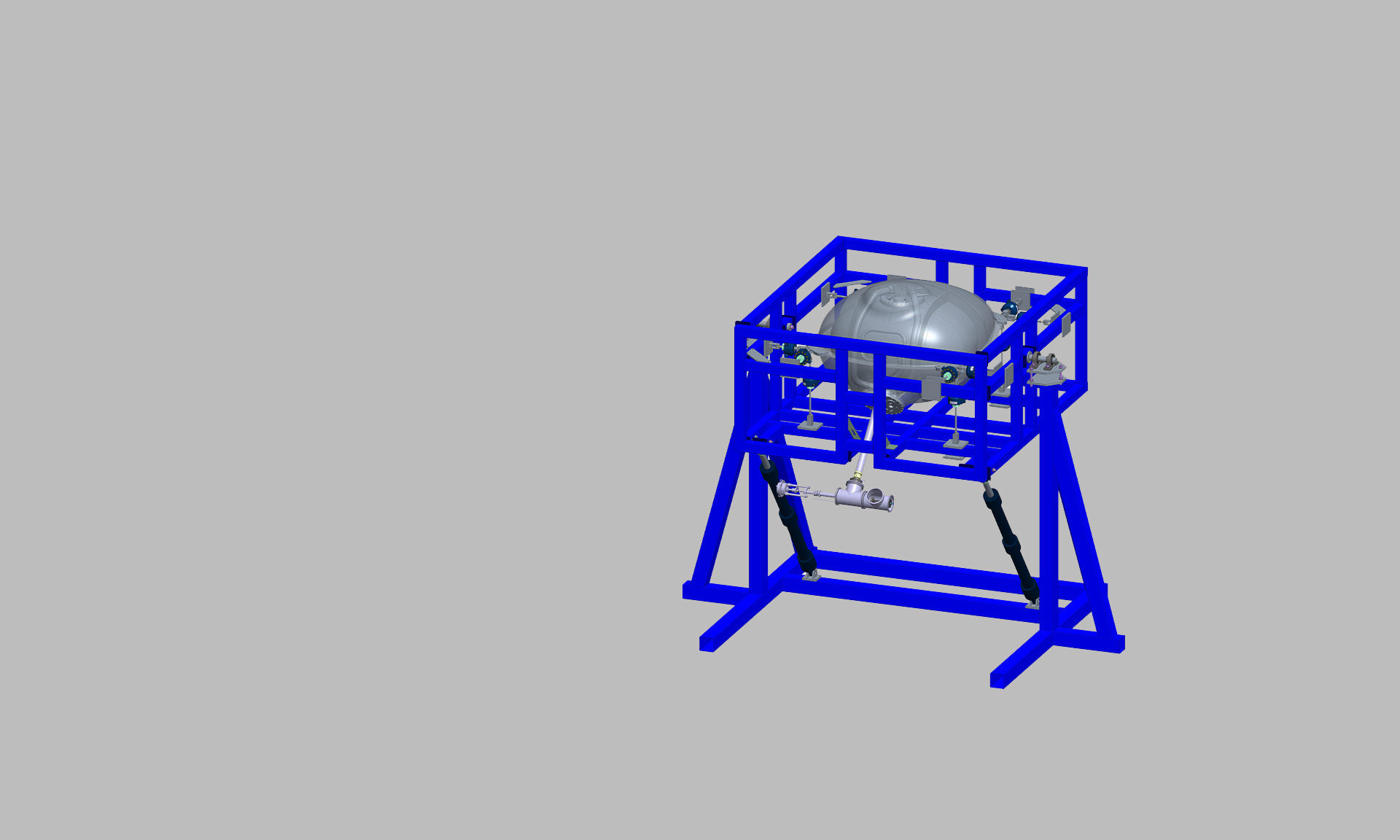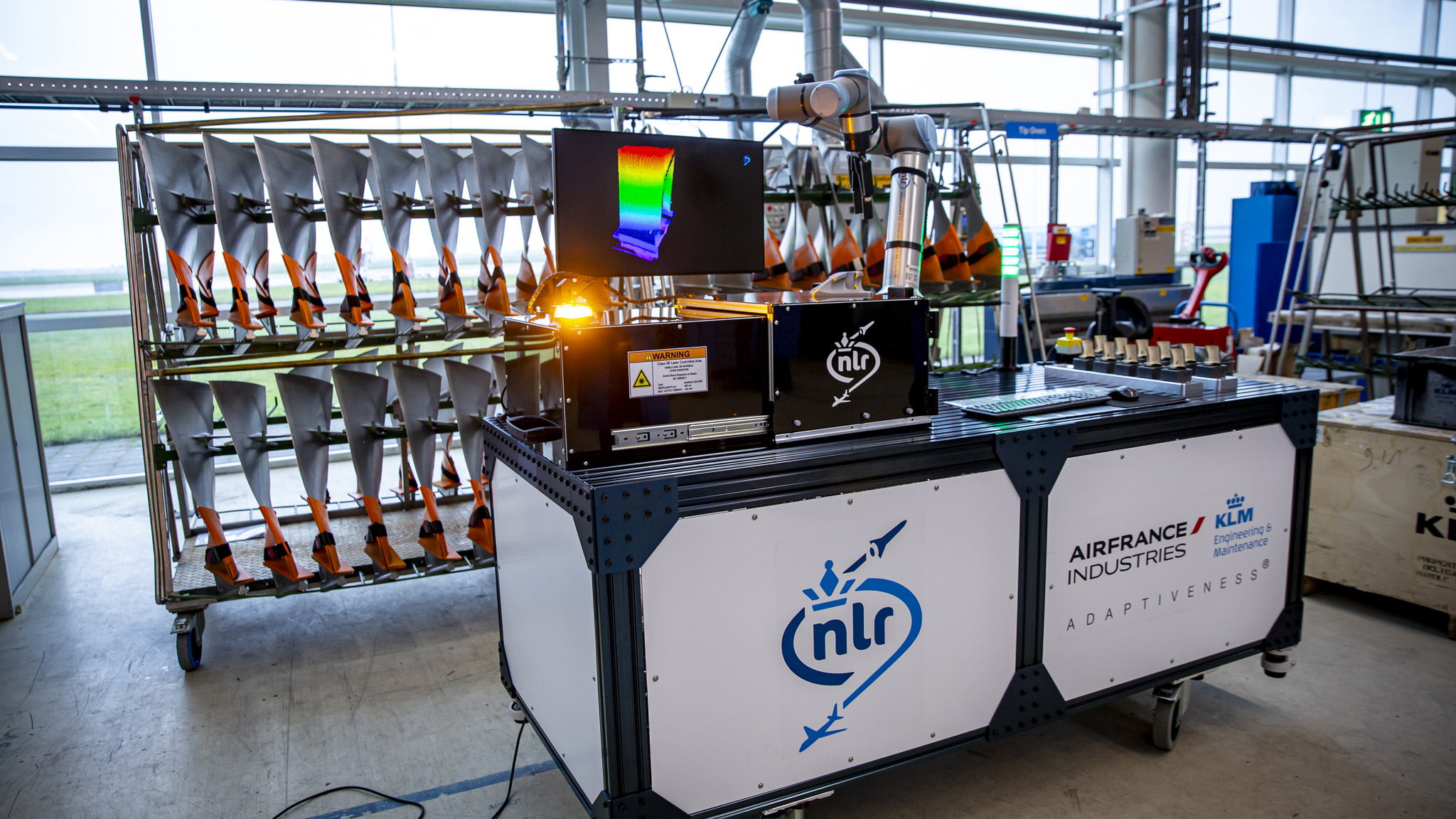Diverse and realistic scenarios for fighter controller training. Fighter controllers are essential for the safety and effectiveness of fighter pilots. They provide the pilots with a complete and correct air picture. Fighter controllers must be well trained to observe, assess and communicate in rapidly evolving situations. This includes training scenarios that are diverse and have realistic fidelity and scale in terms of the platforms involved and their behaviour.
The challenge
Training and educating fighter controllers is often highly labour-intensive, as well designed and user-friendly tools to simulate air engagements are not readily available. Frequent training with live assets in the air is costly in terms of logistics, coordination and the number of platforms (blue and red) required. Generating realistic behaviours of constructive platforms is typically not available without human input. The challenge is to create the desired level of realism in an environment where the minimum required human involvement is low.
The solution
Royal NLR designed and developed SCOTT as an easy-to-use tool for instructors and pseudo-pilots for fighter controller training. SCOTT is a tool that can create realistic tactical simulation exercises using artificial intelligence (AI), consisting of both Blue and Red air platforms. SCOTT can run air-to-air combat scenarios autonomously, but a human can intervene in the tactical decisions of the constructed air platforms. As the scenarios are easier to control, larger tactically relevant scenarios can be implemented. SCOTT presents these scenarios via DIS to the operational system for fighter controllers. Interoperability between SCOTT and other simulator systems is also possible, e.g. for LVC or MTDS exercises.
What did we do?
NLR developed the SCOTT tool to allow the design and execution of air-to-air combat scenarios and contain autonomous and semi-autonomous tactical constructive entities. NLR added realistic tactics and missile performance which can be specified to national requirements.
These are based on tools that were developed in-house: Smart Bandits (AI behaviour) and WEST (missile performance). This resulted in a low-effort tool for easy control of the scenario and adjustment to the desired learning objectives.

Project partners:
Industry (NL):
Industry (EU):
Research organisations:
Universities:
Start:
Duration:




